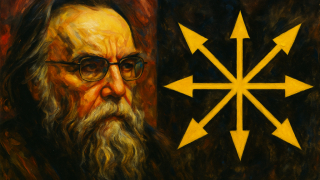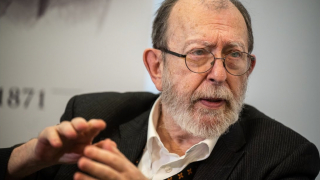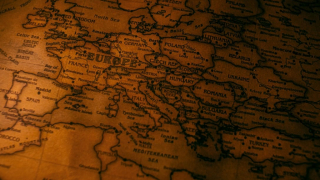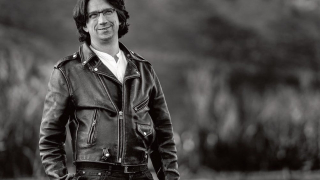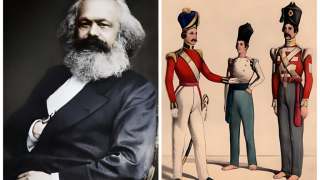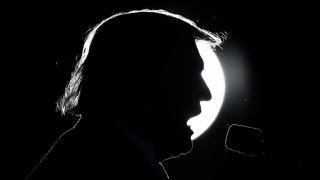Alexander Dugin’s Eurasianism
Alexander Dugin pushes for a reconsideration of Eurasian values and identities distinct from those propagated by the West (such as uncontrolled mass immigration, extreme individualism, and bizarre gender politics). His argument is grounded in the belief that the unique historical, cultural, and geographical factors of the Eurasian region should inform its political and social structures, rather than adopting Western models of democracy and capitalism.

